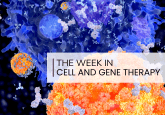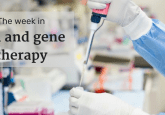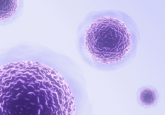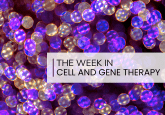Cell therapy weekly: European Commission approves Yescarta CAR-T therapy for the treatment of relapsed follicular lymphoma
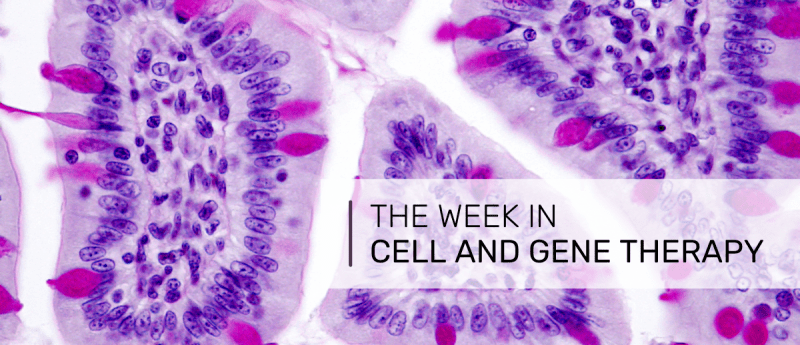
This week in cell and gene therapy: European Commission approves Yescarta CAR-T therapy for the treatment of relapsed follicular lymphoma, FDA halts Phase I/II trial of gene replacement therapy for late-onset Pompe disease due to serious adverse event and Bristol Myers Squibb’s Breyanzi® is approved by FDA for treatment of relapsed or refractory large B-cell lymphoma
The news highlights:
-
-
-
-
- European Commission approves Yescarta CAR-T therapy for the treatment of relapsed follicular lymphoma
- FDA halts Phase I/II trial of gene replacement therapy for late-onset Pompe disease due to serious adverse event
- Bristol Myers Squibb’s Breyanzi® is approved by FDA for treatment of relapsed or refractory large B-cell lymphoma
-
-
-
European Commission approves Yescarta®CAR-T therapy for the treatment of relapsed follicular lymphoma
Kite Pharma (CA, USA) have announced this week that the European Commission (Brussels, Belgium) has granted approval to their CAR T-cell therapy Yescarta® (axicabtagene ciloleucel) for the treatment of relapsed or refractory follicular lymphoma. This CD19-directed genetically modified autologous T-cell immunotherapy is Kite’s third cell therapy approved in Europe and remains an orphan medicinal product following this indication. Data from the pivotal Phase 2 ZUMA-5 study supports the approval. In patients who received Yescarta® after three or more lines of prior therapy, the overall response rate was 91%, and the complete response rate was 77%.
Founder and Chair of the Follicular Lymphoma Foundation (FLF), Nicola Mendelsohn commented, “For patients with later-line relapsed or refractory disease, it is often very aggressive. Axicabtagene ciloleucel represents an important advance for a patient population in Europe with limited treatment options.”
FDA halts Phase I/II trial of gene replacement therapy for late-onset Pompe disease due to serious adverse event
Astellas (Tokyo, Japan) has announced that their Phase I/II FORTIS trial of AT845, a gene replacement therapy for late-onset Pompe disease, has been placed on hold by the FDA. This decision came after one patient experienced a serious adverse event (SAE) of peripheral sensory neuropathy. The FDA said it does not have sufficient information to assess the risks of AT845. Astellas said that all currently enrolled patients will be closely monitored.
Astellas stated, “To date, the SAE has been classified by the site investigator as Grade 1 and deemed serious due to medical significance,” adding that they will continue to collect and review all relevant data and that they are working with the site investigator to follow the clinical course of the affected patient.
Bristol Myers Squibb’s Breyanzi® is approved by FDA for treatment of relapsed or refractory large B-cell lymphoma
The FDA has approved Bristol Myers Squibb’s (NY, USA) CD19-directed chimeric antigen receptor CAR-T cell therapy, Breyanzi® (lisocabtagene maraleucel), for the treatment of adult patients with refractory or relapsing large B-cell lymphoma. With this new indication, Breyanzi now has the broadest patient eligibility of any CAR-T cell therapy in relapsed or refractory LBCL, which is a difficult-to-treat and aggressive blood cancer. Up to 40% of patients have a disease that is refractory to or relapses after initial therapy.
Ester Banque, Senior Vice President & General Manager of U.S. Hematology at Bristol Myers Squibb remarked, “As part of our commitment to developing innovative cancer treatments for patients with critical unmet need, Breyanzi® offers a potentially curative option for more patients,” adding, “Based on the demonstrated clinical benefit, this approval of Breyanzi® underscores the significant advances we are making to deliver on the promise of cell therapy.”
You might also like:
